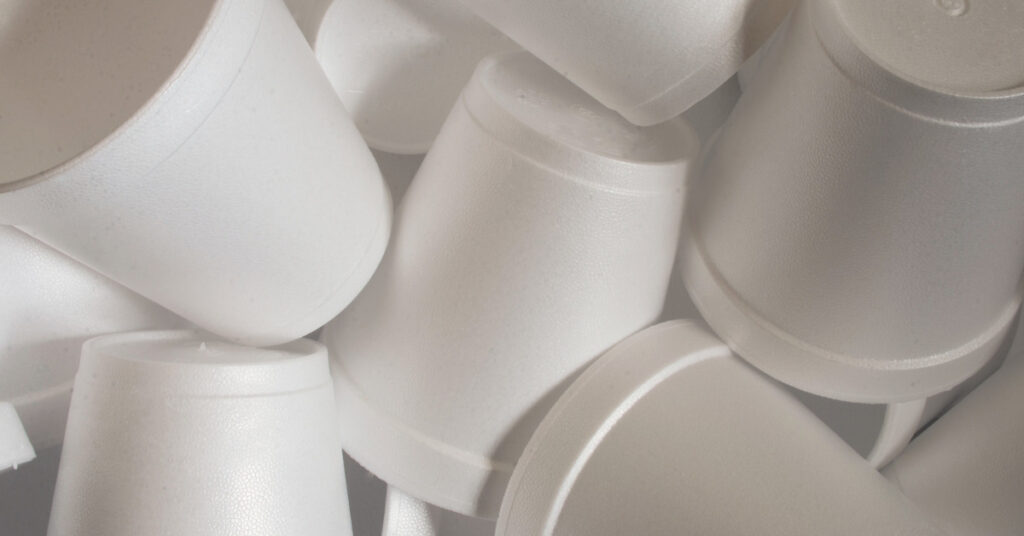Foam is a versatile material used in a variety of industries, including construction, packaging, and insulation. It comes in different forms and densities, each with its unique properties and applications. One of the most common types of foam is Expanded Polystyrene (EPS), also known as Styrofoam.
What Is EPS?
EPS is a lightweight, rigid foam made from polystyrene beads. It’s produced by expanding the beads using steam and pressure, causing them to fuse and forming a foam block. The blocks are then cut into various shapes and sizes using hot wires or saws.
EPS has excellent insulation properties, making it a popular choice for packaging, insulation, and construction. It’s also resistant to moisture, chemicals, and insects, making it ideal for use in harsh environments.
How Is EPS Different from Other Types of Foam?
There are several types of foam, each with its unique properties and applications. Here are some of the main differences between EPS and other types of foam:
- Density
Density refers to the weight of a material per unit of volume. EPS has a relatively low density, making it lightweight and easy to handle. It’s also an excellent insulator, thanks to the small air pockets that form within the foam.
Other types of foam, such as Polyurethane (PU) foam, have a higher density and are heavier than EPS. PU foam is often used in furniture and cushioning applications because of its durability and comfort.
- Compression Resistance
Compression resistance refers to the ability of a material to resist deformation when pressure is applied. EPS has excellent compression resistance, making it ideal for use in packaging and insulation applications. It can withstand heavy loads without losing its shape or insulation properties.
In contrast, Polyethylene (PE) foam has lower compression resistance than EPS. PE foam is often used in packaging applications where the product being shipped is relatively light.
- Flammability
Flammability is an essential consideration when choosing foam for construction and insulation applications. EPS is a self-extinguishing material, which means it will not continue burning once the fire source is removed.
Polyisocyanurate (PIR) foam is another type of foam used in construction and insulation applications. It’s highly resistant to fire, making it an excellent choice for buildings with strict fire safety regulations.
- Environmental Impact
Environmental impact is an increasingly important consideration when choosing foam. EPS is fully recyclable, and many recycling programs accept it. It’s also made from 100% recyclable materials, making it an environmentally friendly choice.
Other types of foam, such as Polyvinyl Chloride (PVC) foam, are not recyclable and can have a significant environmental impact. PVC foam is often used in boat building and marine applications because of its resistance to water and chemicals.
- Cost
Cost is always a consideration when choosing materials for a project. EPS is relatively inexpensive compared to other types of foam. It’s also readily available, making it easy to source.
Polyimide (PI) foam, on the other hand, is a more expensive type of foam. It’s often used in aerospace and high-temperature applications because of its excellent thermal and mechanical properties.
Conclusion
EPS is a versatile, lightweight foam with excellent insulation properties. It’s an ideal choice for packaging, insulation, and construction applications. While there are other types of foam available, each with its unique properties and applications, EPS stands out for its low density, compression resistance, fire resistance, recyclability, and affordability.
Whether you’re shipping delicate electronics, insulating a building, or cushioning furniture, EPS is an excellent choice. Its ability to withstand heavy loads, resist deformation, and protect against fire makes it one of the most popular types of foam on the market today.
For EPS foam products, trust Sterling Manufacturing & Distributing. Located in the heart of Houston, Texas, we supply both bulk raw materials as well as finished products for various industries and applications. Request a sample box.


